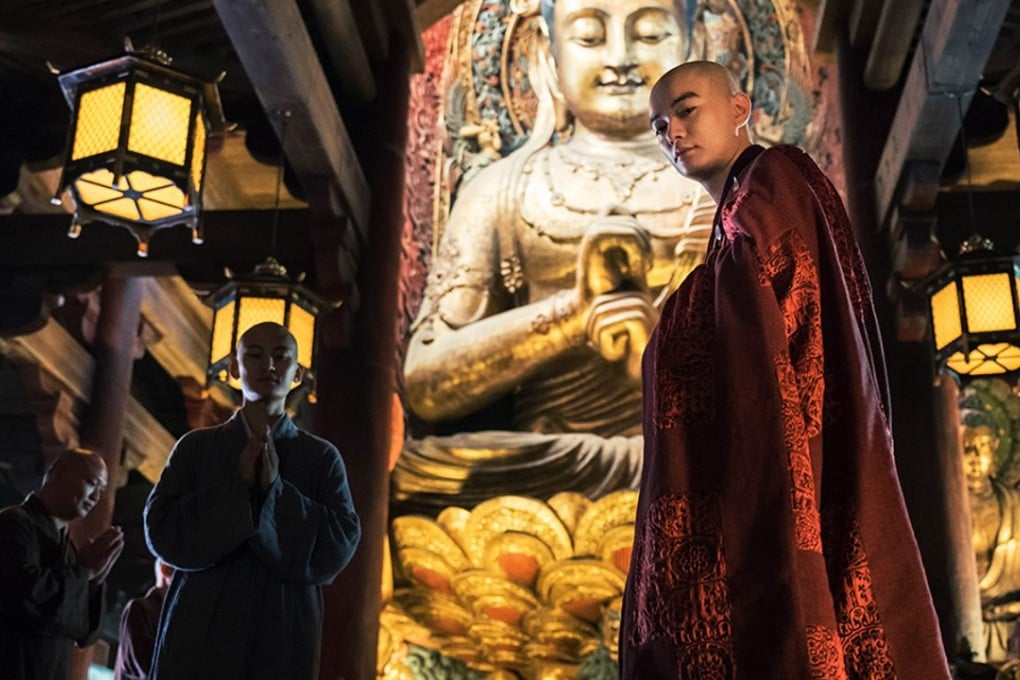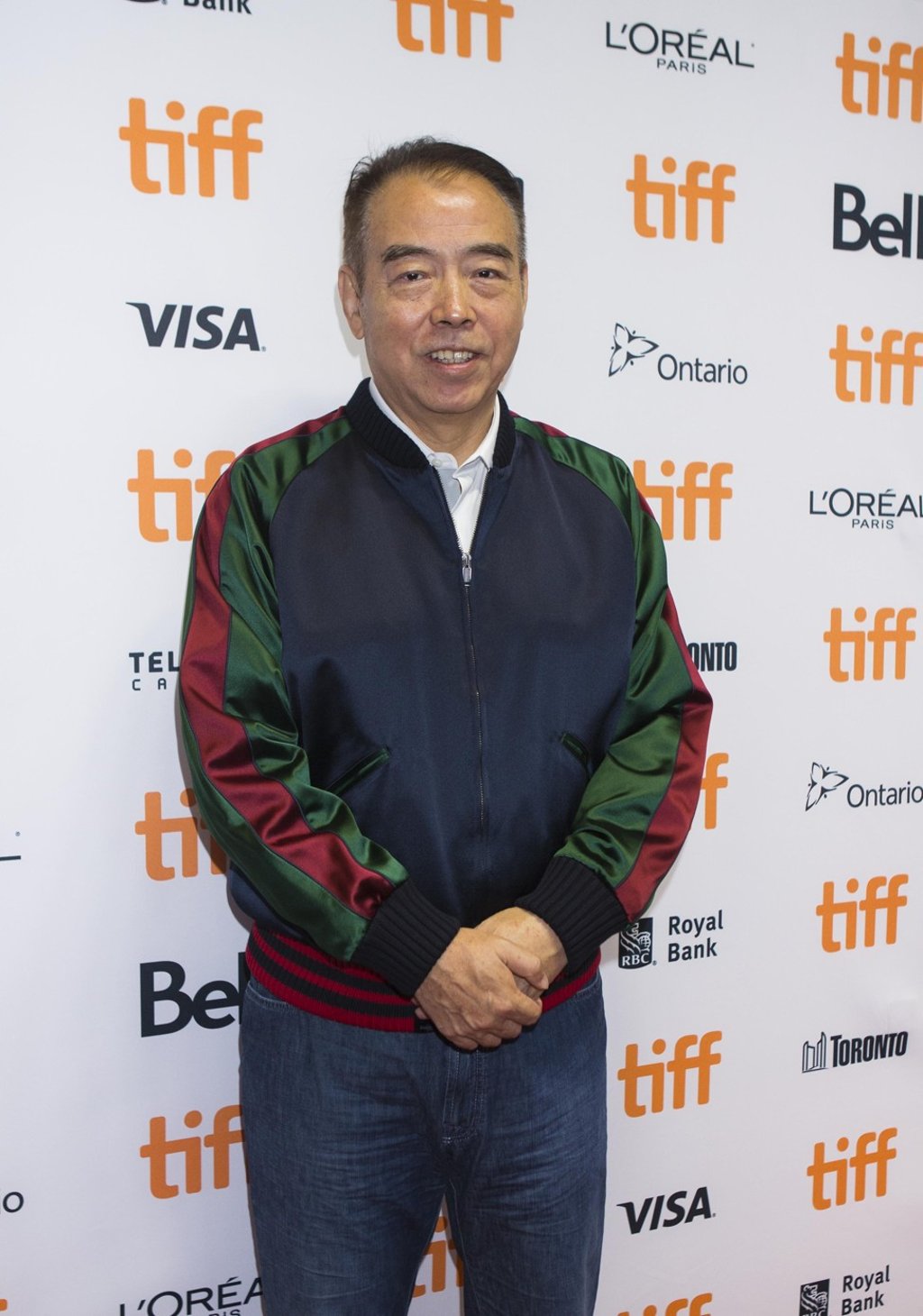Legend of the Demon Cat: Chen Kaige adapts to China’s changed cinematic landscape with lavish production
Chen, one of Chinese cinema’s fifth generation, pulled out all the stops for this period drama, even spending five years and US$200 million constructing a city

At film festivals during the 1990s it was impossible not to be bowled over by the grandeur of Chen Kaige’s vision. With Farewell My Concubine (1993), Temptress Moon (1996) and The Emperor and The Assassin (1998) the Beijing-born director’s colour-saturated period dramas presented a China that was full of life, and Western audiences revelled in his gorgeous images and film stars.
Both Chinese society and the nature of filmmaking have vastly changed since, but whether it’s for the better, Chen himself is not about to change.

“Sometimes I get confused in terms of how much I can continue to do in the future. I think some important stories haven’t been told yet so I cannot give up,” Chen tells the Post in an interview at the recent Toronto International Film Festival, where he led the Platform jury and hosted a “sneak peek” presentation of his upcoming period action film, Legend of the Demon Cat.
Chen, 65, is currently putting the final touches to the film, his first in six years. It’s astounding the lengths he has gone to in constructing almost everything for real, including what he terms “an entire city” that took five years to create at a cost of US$200 million – separate to the film’s budget – and will later serve as an amusement park.